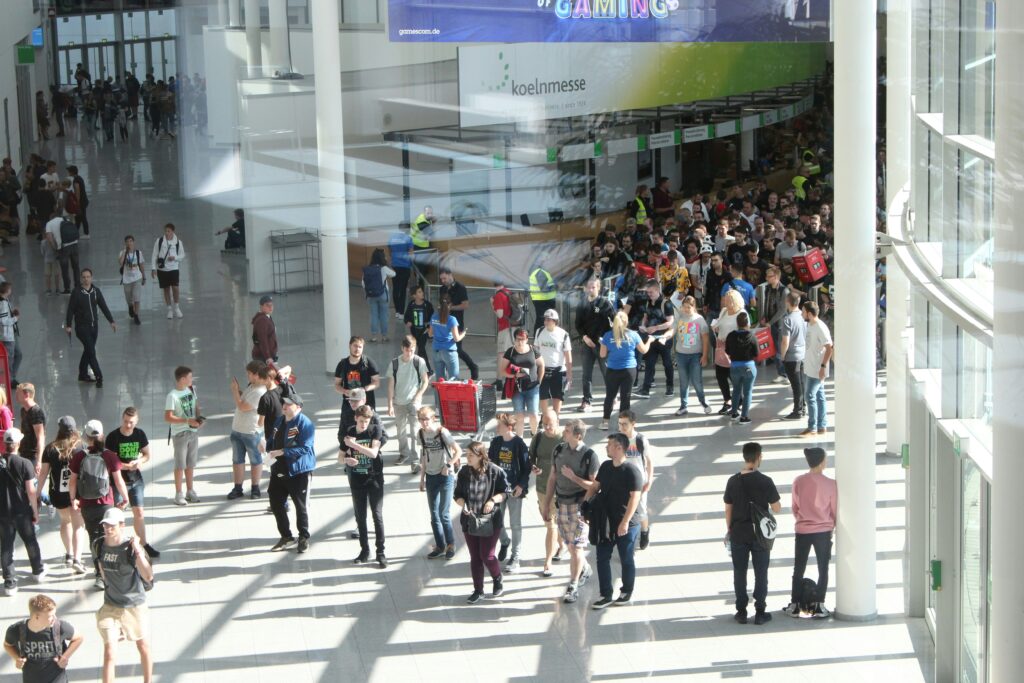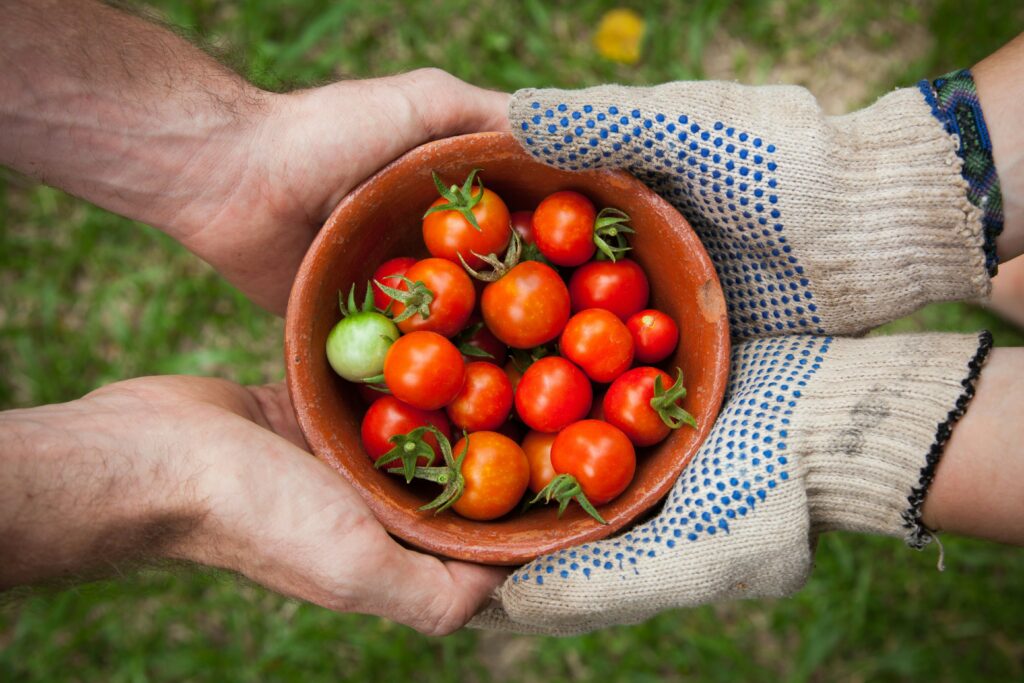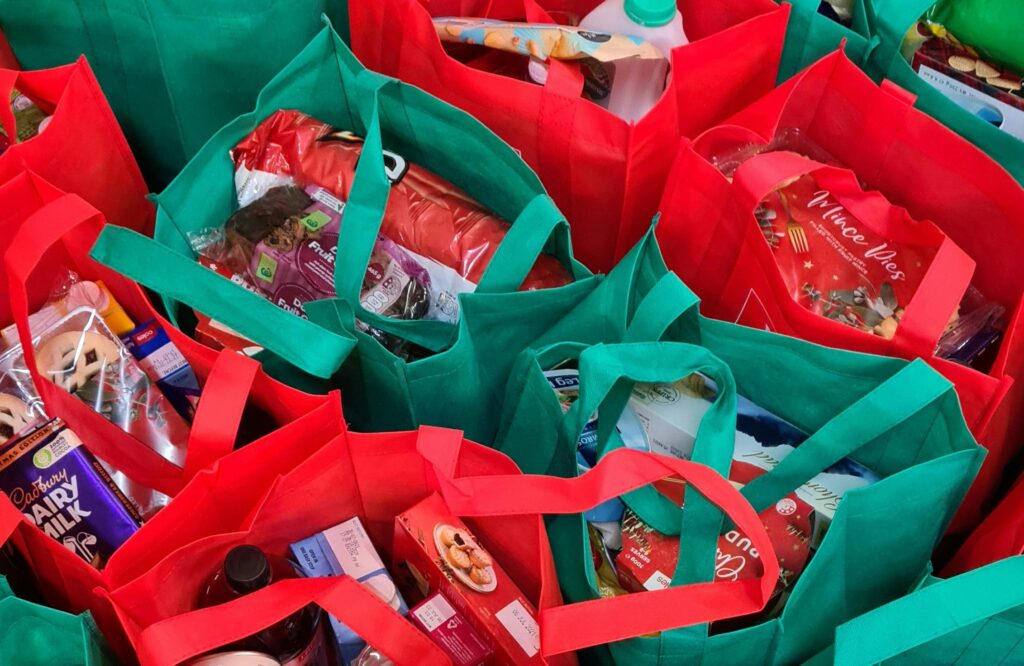Milan has become a leading example of a sustainable urban food system, built on strong governance, inclusive policies, and collaboration across sectors. Since launching the Milan Urban Food Policy Pact in 2015, the city has integrated food sharing into its strategies for environmental health, social equity, and resilience, becoming an international reference for cities seeking fair and lasting food networks.
A new report from the CULTIVATE Project, authored by researchers at Lund University, analyses food sharing initiatives (FSIs) in Milan. From community gardens and composting to communal meals and surplus food distribution, the report explores their economic, societal, and environmental dimensions. Using a Mobile Research Lab approach that combined background studies, virtual discussions, and on-site fieldwork between June and November 2024, the report provides an in-depth look at how these initiatives operate and what they deliver.
The findings show that FSIs reduce food waste, improve access to nutritious food, generate employment opportunities, ease social isolation, and strengthen local networks. Despite challenges such as limited funding and space, these initiatives demonstrate resilience through diverse funding from public sources, community campaigns, and adaptive tactics to navigate hurdles.
The report concludes with practical recommendations for sustaining long-term viability and scaling successful models to address broader urban challenges.
Read the full report here!
Photo credits: Yuliya Voytenko Palgan & Vera Sadovska




